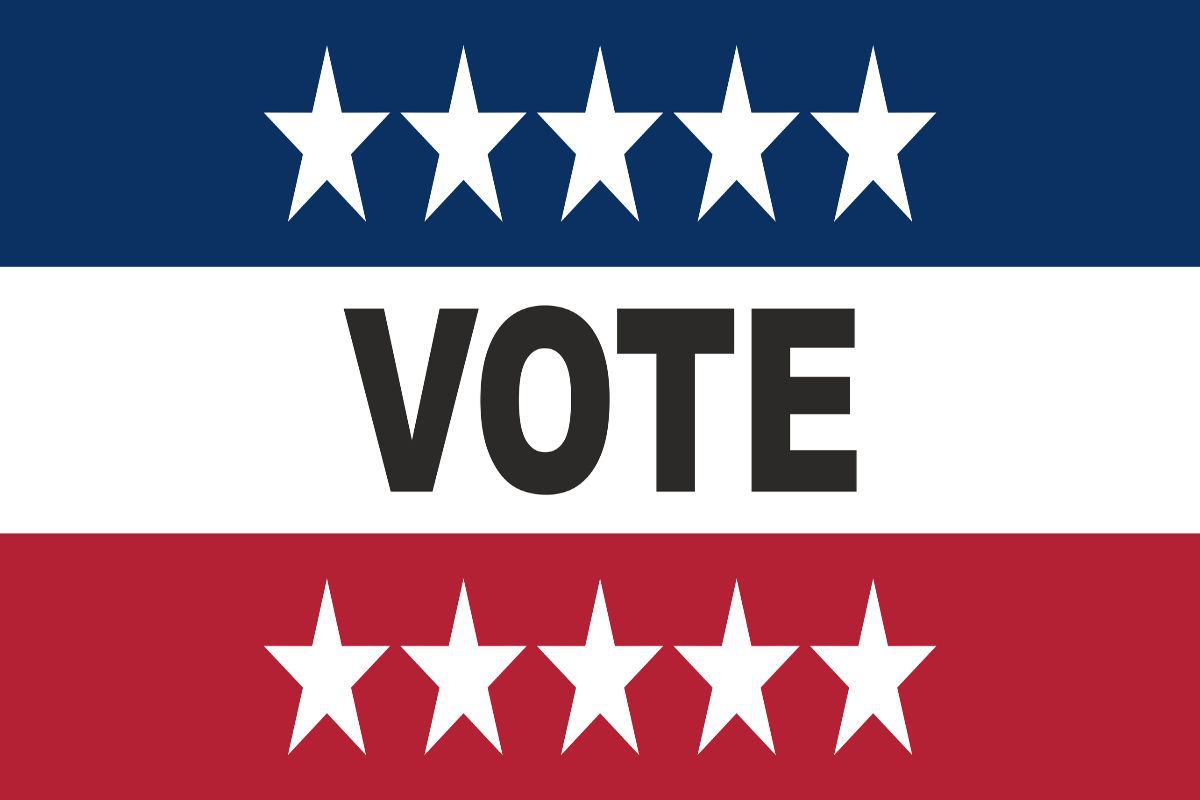As 501(c)(3) organizations, churches have been prohibited from supporting specific political candidates since the passage of the Johnson Amendment in 1954. The Internal Revenue Code provides that, by definition, 501(c)(3) organizations do not “participate in, or intervene in (including the publishing or distributing of statements), any political campaign on behalf of (or in opposition to) any candidate for public office.”
However, federal law does not prohibit political activities as long as they are nonpartisan. The IRS has stated that voter guides are permissible unless they contain a bias for or against one or more candidates. Churches are free to encourage their members to vote, and a voter guide can be a helpful resource for churches to weigh in on issues that are important to it and its members.
Churches that wish to develop a voter guide should ensure that it follows these guidelines to protect a church’s tax-exempt status:
- The presentation of key issues is unbiased and does not compare the church’s position on specific issues to the candidates’ positions.
- A broad range of key issues should be included instead of focusing on narrow issues of interest only to the church itself.
- A guide’s description of the issues should be neutral.
- All candidates for office must be included in the guide.
- Any description of the candidates’ positions on the issues must be neutral and unbiased.
Churches are allowed to disseminate information on a candidate’s voting record and use direct quotations as long as this information is gained from reliable sources — e.g., from that candidate’s website or campaign materials.
Taking an active role in a political campaign can negate a church’s tax-exempt status. If a church is determined to have violated this rule it may be required to pay income tax for every year it has failed to qualify for the exemption due to its political activities.
Provident Law’s nonprofit attorneys can help churches and religious organizations to avoid crossing the line out of tax exemption. We stand ready to counsel and serve churches, charities, and foundations, as well as private schools, colleges, universities, and other types of nonprofit organizations—providing broad transactional and general counsel services in Arizona and surrounding areas. Contact us to learn more.


